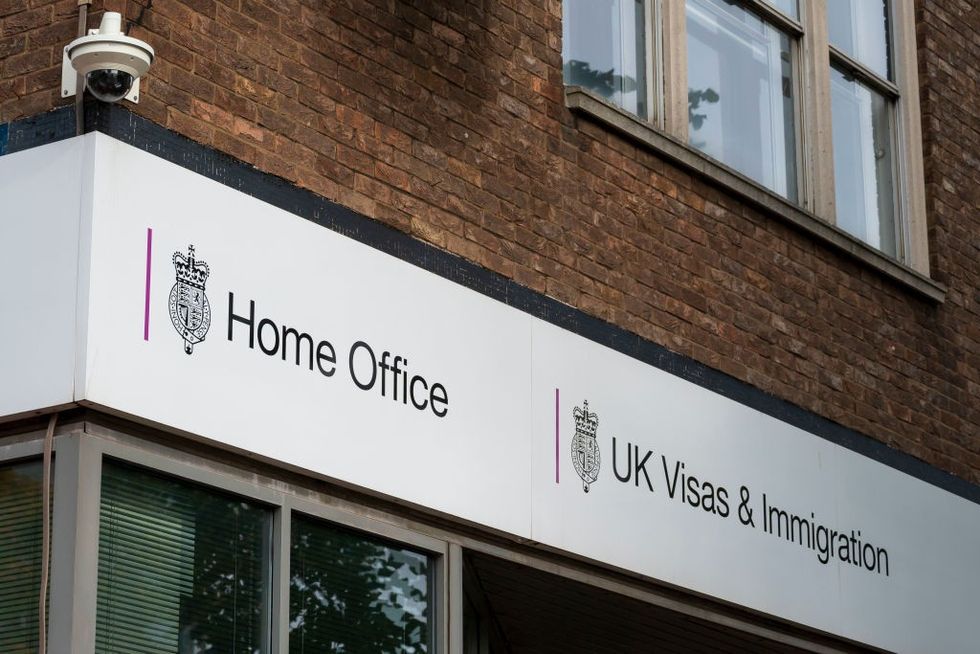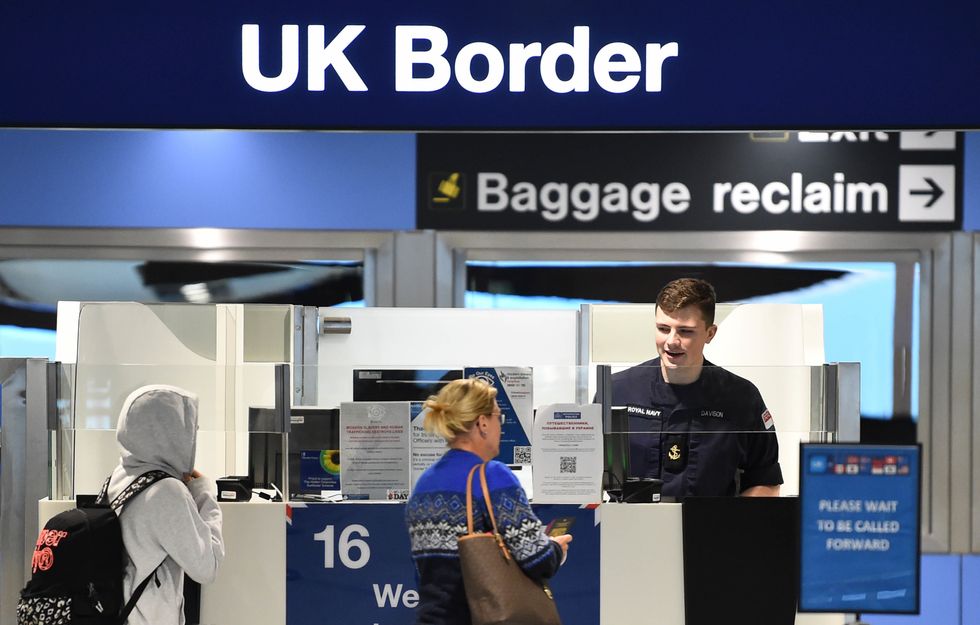Migrant drug lord granted right to STAY in Britain despite being ‘one of UK’s biggest heroin dealers’
A 70-year-old Turkish drug baron who was jailed for 16 years over a major heroin supply plot has won his right to remain in Britain on human rights grounds.
The man, considered one of Britain’s biggest drug dealers, successfully argued that returning to Turkey would violate his right to family life.
Despite opposition from the Home Office, which warned his presence was “not conducive” to the public good, the immigration tribunal ruled in his favour.
His bid was supported by the UN Refugee Agency, marking a significant defeat for British authorities attempting to deport him.

The tribunal heard he was believed to be the crime boss of the Adu gang, which controlled an estimated 90 per cent of the UK heroin trade at the time of his arrest.
The elderly man has denied allegations that he was the leader of the organised crime group.
In 2004, he was convicted for planning to supply heroin throughout the UK, resulting in a 16-year prison sentence.
He also faced two violent assault charges but was later cleared of both offences.
The criminal first arrived in Britain in 1988, claiming asylum, but was sent back to Turkey after just four days.
He returned to the UK in 1991 for another asylum attempt, which was initially refused in 1993.
Five years later, he was granted exceptional leave to remain and refugee status.
The tribunal heard he had been granted refugee status in the 1990s after multiple failed attempts at claiming asylum.
Despite claiming he would face persecution in Turkey as an Alevi Kurd, evidence showed he had visited the Mediterranean country eight times since arriving in Britain.
The tribunal heard his marriage situation played a role in his case, with details emerging of a second marriage in Turkey during his criminal trial.
His first wife forgave him for the affair and subsequent marriage – which he claimed was to “preserve her honour” – and they continued living together after his prison release.
The Home Office noted his second marriage was not a “secret” and he had requested a Turkish passport.
The tribunal was told his deportation would separate him from his family, as his wife could not relocate to Turkey due to her responsibilities to her two daughters and grandchildren in Britain.
Robert Jenrick, the shadow justice secretary, condemned the decision as “a sick joke”, stating: “Our human rights laws have been turned against the British public. How can anyone defend this?”
Chris Philip, the shadow home secretary, said the ruling “defies common sense”.
Philip added: “The man has repeatedly returned to Turkey –even getting a Turkish passport – so is clearly unconcerned about his safety there.”

He further criticised the application of the ECHR, saying: “Human rights shouldn’t be about protecting dangerous criminals. A fundamentally different approach is needed to ensure human rights legislation is not abused by criminals and illegal immigrants.”
The Home Office’s appeal against the 70-year-old’s right to remain was ultimately dismissed by the upper tribunal.
The judges concluded that deporting him would violate Article 8 of the European Convention on Human Rights, which protects the right to family life.
They also determined he was at risk of persecution in Turkey due to his Kurdish ethnicity.

